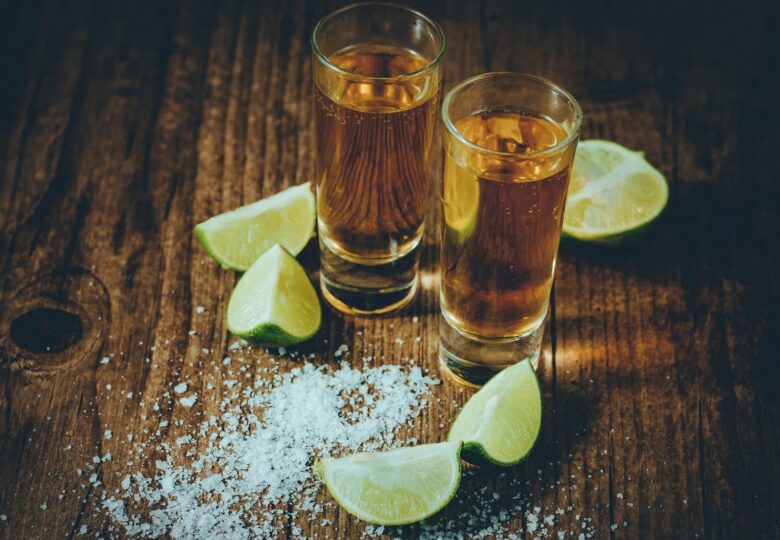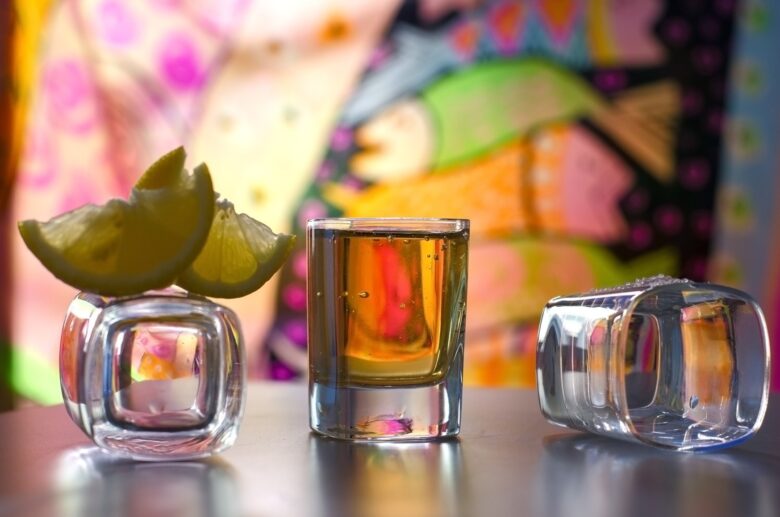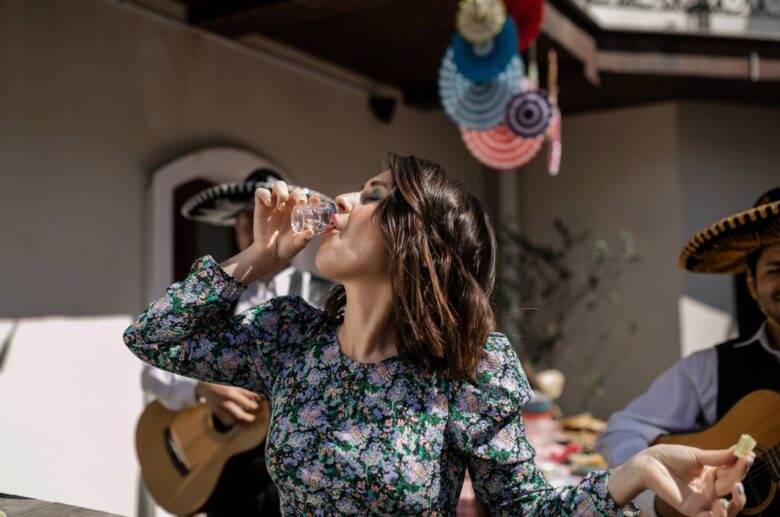With each passing year, the business world becomes increasingly aware of the negative effects of climate change. The need for sustainability is evident, and climate change is an issue that business leaders can no longer afford to ignore. Many businesses are declaring their steps towards sustainability, and while it may not be anyone’s first thought when it comes to climate-friendly businesses, the alcohol industry has sustainability on its mind.
Similar to the production of the food that we eat, the production of alcohol can have adverse effects on the environment. The Beverage Industry Environmental Roundtable has found that the distillation and glass bottling process of many liquors contributes to 6.5 pounds of carbon dioxide per 750 ml bottle of individual spirits. The distillation process also produces 12 times as much wastewater as it does alcohol, and this wastewater resulting from alcohol distillation can often be toxic and difficult to treat.
Innovations that sought to solve this problem arose in the midst of the most unlikely time for innovation – the pandemic. With hand sanitizer shortages running rampant, distilleries were given the green light to help out by making sanitizer from their spent distillation product. The waste that would have typically ended up in a treatment plant or in the ground was suddenly being recycled and put to lifesaving use.
Many are not fully aware of the unsustainable nature of traditional alcohol distillation. However, there are companies out there seeking to beat back the negative implications of traditional distillation methods and create a more sustainable alcohol product.
Eleven20 Tequila is one such business that is putting its Earth-friendly message in the forefront, making it a major platform of their business. Owners Alec and Ana Tesa are dedicated to creating a brand that not only delivers the highest quality tequila, but also respects the environment.

Source: canva.com
Sustainable alcohol products hit the market
Alec and Ana were set on finding the “perfect tequila” recipe when they started their company. They had tried the rest and were certain they could uplevel tequila and bring the best to the table.
These days, tequila has risen above its decades-long status as a mere “party shot” alcohol. People with discerning tastes are flocking to tequila as a drink to savor, and those new tequila drinkers were the market that the Tesas were aiming to capture.
Tequila is not only a popular drink to savor or shoot, but also a great mixer with fresh ingredients such as lime, orange, lemon, or even jalapenos. Tequila has seen a rise in popularity over the years with people seeking an alternative to more sugar or juice-based mixed drinks. Those interested in a plant-based diet have flocked towards tequilas such as what the Tesas have developed due to their natural ingredients and sustainable practices.
As Alec Tesa told Salon Prive Magazine, “Using plant-based ingredients can be more environmentally friendly. They often require fewer resources to produce and may have a lower carbon footprint.”
The Mexican agave used by the Tesas in their tequila is harvested by hand and only the highest quality ingredients are used. These sustainable farming practices set their tequila apart from its competitors.
Traditional alcohol production approaches threaten sustainability efforts, with some estimates claiming up to 92% of ingredients are eventually wasted in the brewing and production process, threatening biodiversity and further fueling the negative impact of climate change. The Tesas are taking part in the sustainable revolution in a real way, supporting a worldwide push towards more sustainable practices in alcohol production with their artisanal offering.

Source: canva.com
Sustainability for everyone
An alcohol company can be considered sustainable if they follow a certain set of practices. According to the International Wine and Spirits Commission, brands are considered sustainable if they participate in repurposing efforts by using recycled materials and reducing the use of plastics. They also pass the sustainability test by supporting local resources and engaging in earth-conscious ingredient sourcing.
The blue agave that goes into the Tesas’ tequila is harvested in the valley near the Tequila Volcano in Jalisco, Mexico. The soil is naturally fertilized by volcanic minerals, and the farmers and field hands eschew the use of modern machinery and harvest the agave by hand. Using traditional, age-old methods, the agave is cleaned and furrowed by these same local field hands, utilizing local resources and supporting the local economy. The land from which they harvest the agave is preserved for future harvests and future tequila-making generations.
The Tesas’ sustainability efforts do not end with the harvest; the family-owned distillery takes the harvested agave and cooks it in traditional ovens, applying distillation methods learned over centuries of tequila making. Modern practices that tend to degrade the quality of tequila, such as diffusers or distillation towers, also work against sustainability practices.
In addition to traditional processing methods, the Tesas only uses water sourced from artisanal wells. “It may seem like a small step, but it makes all the difference in terms of flavor and quality,” explains Alec Tesa. “Using these wells allows us to eliminate contamination from common chemicals such as chlorine and enrich the product with volcanic minerals to give it even stronger properties.”
By avoiding additives, machine processing, and non-local farming, the Tesas are keeping sustainability in mind every step of the way. Sustainability and plant-based ingredients are becoming more important to consumers as the realities of climate change become clear. Seeking out sustainable products benefits not only the Earth, but the consumer as well, as they can reduce their own carbon footprint by purchasing these products.

Source: canva.com
Consumers are more demanding of sustainable products, especially among certain age demographics. A recent study showed that 90% of Generation Xers are willing to pay more for sustainable products.
With a laser-like focus on quality taste and Earth-friendly processing, the Tesas have created a one-in-a-million product that fits in nicely with increasing consumer demand.
The Tesas have proven that the alcohol industry can make necessary changes in the name of sustainability, yet still maintain high quality and a luxury brand.
“The process has been difficult at times, but by partnering with some of the best artisans in the tequila industry, we have been able to create a product that tastes extraordinary for all who experience it.”
